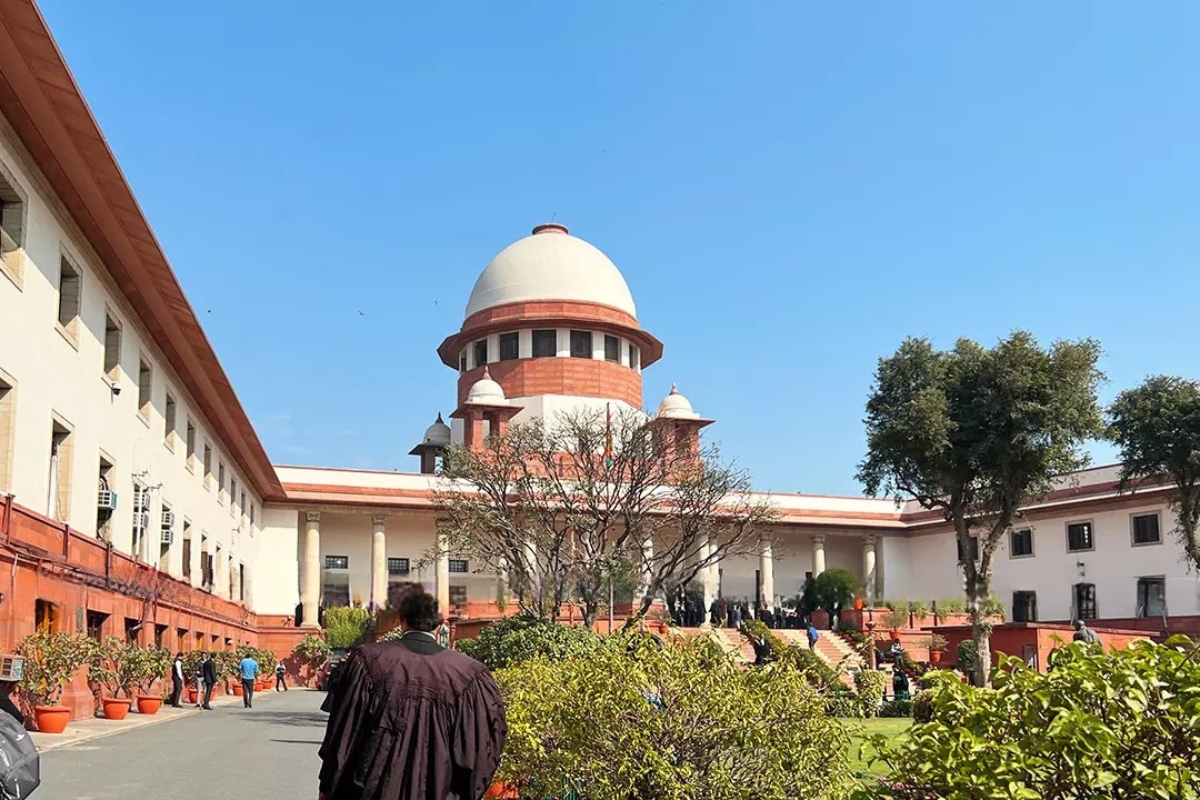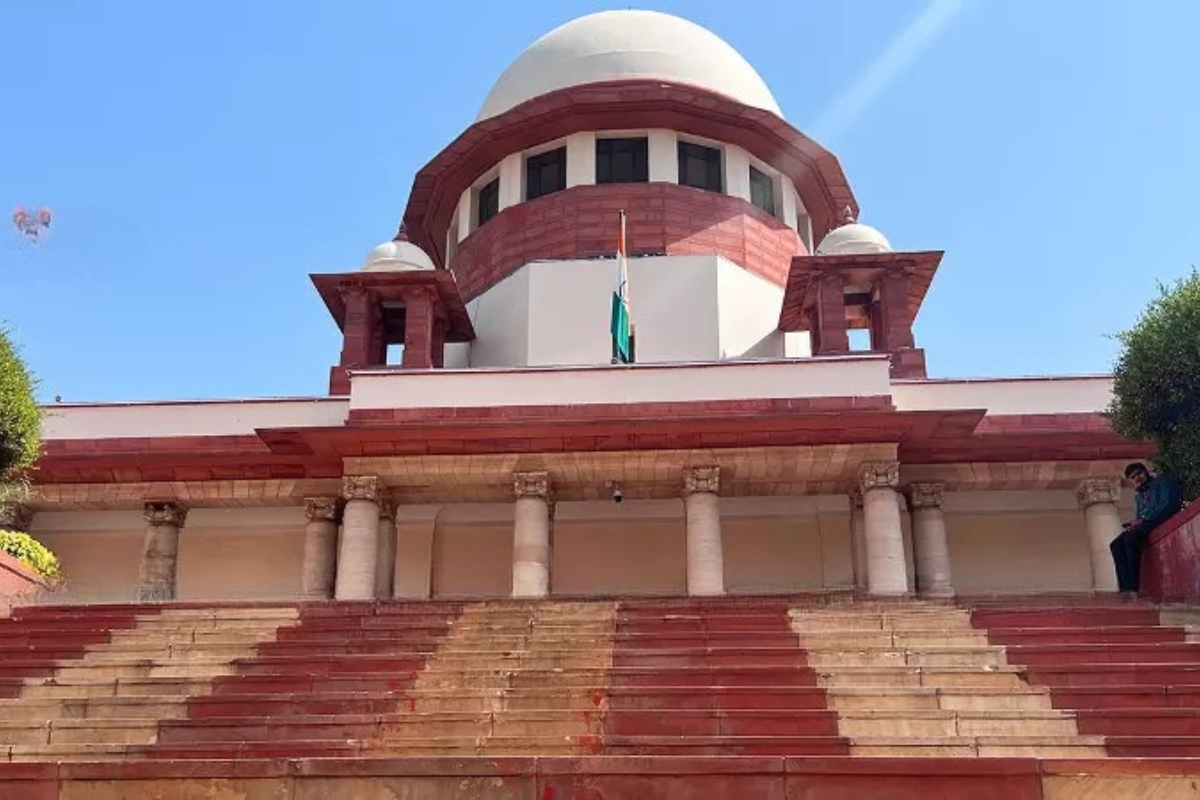Sometimes, life’s biggest moments start with a small step, and in the world of law, that small step is often the filing of an FIR. Recently, the Supreme Court of India delivered a landmark judgment that beautifully clarifies how filing an FIR is just the beginning of a criminal process, not a final verdict, and should never be confused with administrative actions taken by banks or other authorities.
The Case That Made Headlines
This important ruling came from a case where banks, acting under the Reserve Bank of India’s Master Directions on Frauds (2016), labelled certain companies’ accounts as fraudulent. These labels led to heavy consequences like blacklisting and even sparked criminal investigations by the Central Bureau of Investigation (CBI).

When the case reached the Supreme Court, the judges took a closer look. They firmly drew a clear and much-needed line between administrative mistakes and the start of criminal proceedings. The Court explained that while banks must act fairly and give borrowers a proper chance to defend themselves before tagging them as fraudsters, this requirement of fairness does not apply when it comes to registering a criminal case.
The Supreme Court Crucial Observation
In heartfelt and powerful language, the Supreme Court reminded everyone that justice must not only be done but must be seen to be done. They stressed that requiring a hearing before even filing an FIR would cripple investigations, slow down justice, and frustrate the very purpose of criminal law. After all, criminal investigations need to move swiftly, without being tangled in unnecessary procedural knots.
The Supreme Court also wisely pointed out that even if a bank makes procedural errors while labelling an account as fraudulent, it doesn’t erase the possibility that a crime may still have been committed. So, if facts exist that suggest wrongdoing, an FIR can very much stand on its legs, independent of any flawed administrative decisions.
Restoring Faith in the Legal System
In its final decision, the Supreme Court allowed the appeals, restored the FIRS that had been wrongly quashed, and made it clear that the Central Bureau of Investigation (CBI) must be properly included and heard in such cases. It also left the door open for banks and authorities to restart administrative proceedings, provided they follow the rules of natural justice properly this time.

This ruling is a major win for fairness and efficiency. It ensures that while banks must act justly when declaring fraud, criminal investigations can continue without being unfairly blocked. It protects both individual rights and the public’s interest, and perhaps most importantly, it reminds us all that the beginning of justice is not the end, it’s just the start of the truth coming to light.
Disclaimer: This article is written for informational purposes only and reflects the Supreme Court of India’s recent judgment. It should not be considered legal advice. For any specific legal concerns, please consult a qualified legal professional.
Also Read:
Delayed But Not Denied: Supreme Court Revives Claims Under Limitation Law
Uniform Civil Code is Not Just Law, It’s Humanity, Says Karnataka HC






